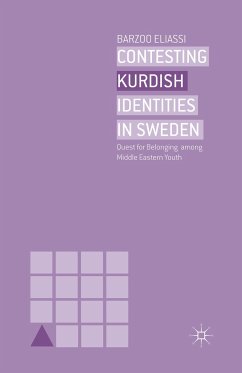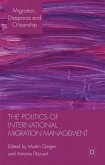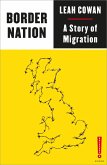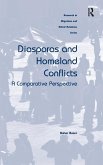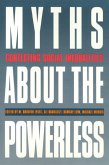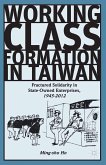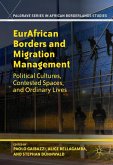"Having played a decisive role in the evolution of the Kurdish issue in the Middle East throughout the 1980s, the Kurdish diaspora has produced its own political, cultural, generational, and class dynamics. Based on highly sophisticated fieldwork conducted in Sweden, Barzoo Eliassi's book suggests, however, that this diaspora has today been reconfigured by new types of social and juridical inequalities that emerge within the 'host' societies." - Hamit Bozarslan, Director of Studies, L'École des Hautes Études en Sciences Sociales (EHESS), France "Discussing Kurdish youth in Sweden, Barzoo Eliassi highlights in a profound and original way how opposing ideological frameworks like multiculturalism and nationalism affect identity, political visibility, and claims for equal citizenship among Kurdish youth in both Middle Eastern and Swedish contexts." - Aleksandra Ålund, Professor, REMESO, Linköping University, Sweden "This book is an important contribution to the growing field of Kurdish studies, and it provides significant insights of relevance to ethnic and migration studies more broadly." - Östen Wahlbeck, Senior Lecturer, University of Helsinki, Finland "A must-read for anyone with an interest in issues of identity, citizenship, statelessness, nationalism, and the politics of inclusion/exclusion." - Welat Zeydanlioglu, Coordinator, Kurdish Studies Network, Editor, Kurdish Studies Journal, Sweden
Bitte wählen Sie Ihr Anliegen aus.
Rechnungen
Retourenschein anfordern
Bestellstatus
Storno

